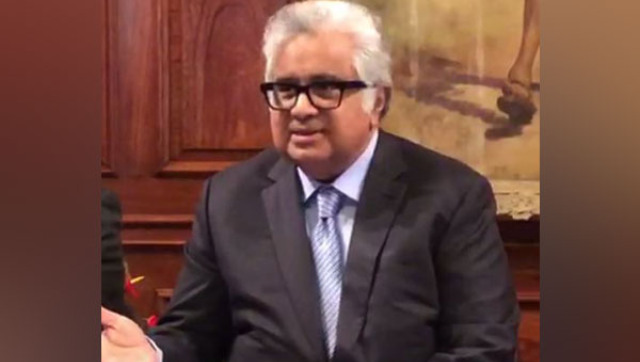Under pressure to come clean on coal block allocations, can the UPA government get out of it merely by cancelling coal block allocations?
According to Paranjoy Guha Thakurta, journalist and economist, the damage from the coal block allocations had already been done, irrespective of the steps taken from here on.
“I think eventually the Supreme Court will come into picture, the government will cancel some coal blocks, there will be some corrections taken, it will be in the interest of the government to do so - but the damage has already been done,” he told CNN IBN.
Thakurta said the the mismanagement of coal had taken place since 1993, due to to poor policies.
“You have a natural resource coal which is a union subject. What happens when prices are low, everything seems hunky-dory, but you haven’t put in place from 1993 onwards a proper regulatory mechanism,” Guha said.
“In 2004, prices goes up the roof. The Prime Minister himself says there should be competitive bidding and then you have to wait for six to eight years for that to happen as his own government scuttles it. Then there is a mad rush for black gold (before the auction process kicks in), the process for allocating the coal block is easily manipulated - this is the mess the government has landed themselves in,” he added.
Harish Salve, senior lawyer and former Solicitor General of India, said that while the country would pay dearly for the mismanagement in the coal block allocations, they could be cancelled under law only if the government provided the decision making was proven to be mala fide.
“Between this battle of bad governance, of which the government can generously and rightly be accused, and the extreme demand of cancellation, the country will pay a dear price,” Salve said.
When asked whether the government has the legal right to cancel all coal block allocations, Salve said, “It has to be establish by inquiry, if there is egregious fraud, if the decision making process completely mala fide, then of course in law you can cancel the coal block allocations.”


)




)
)
)
)
)
)
)
)